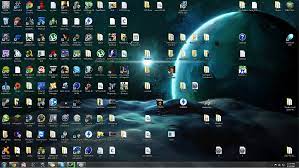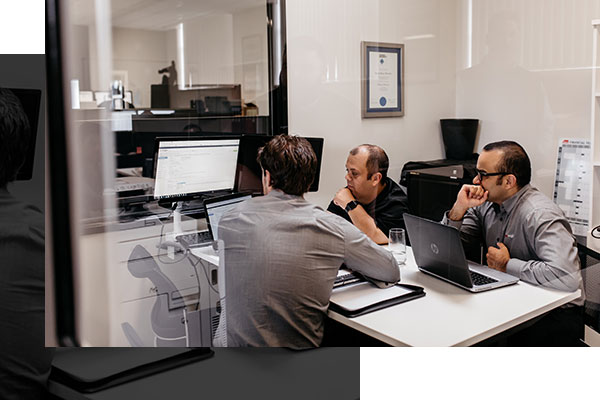The new financial year always prompts us to trim the fat, so could your system do with losing a few? If your computer is feeling sluggish, it may be time to remove the software and applications you don’t use. Applications that sit otherwise idle on a system or phone are defined as ‘bloatware’. They use your computer’s energy and storage space, unnecessarily slowing down your system performance. Bloatware can be divided into two camps – pre-installed applications and downloaded software.
Pre-installed Applications
In light of the new Windows 11 launch, it’s a good time to consider that a new computer or interface may come with a number of tools and applications you will never use. Software companies regularly pay computer manufacturers and resellers to install demonstration versions of their products onto systems with the hope that their customers will buy the full version of the application. Demonstration software is often considered harmless but is usually left on people’s systems. When you buy a new PC, there are also a number of standard pre-installed applications for you to choose from.
Pre-installed applications typically include:
- Weather apps
- News apps
- Health and fitness apps
- Games
- Adware
- Trial anti-virus software
- Media centres
- Utility centres
One of the most common forms of bloatware is trial anti-virus software that offers an initial free period, also known as trialware or demonstration software. Unfortunately, if bloatware is left unchecked and not kept up to date, it could pose a risk to your system. If the application is able to connect to the internet to function, it could expose the computer to malware. This could potentially invite several applications that steal your personal or financial information. If you haven’t done a sweep and clear of unused, pre-installed software on your computer since you first got it, it’s time for an audit.
Downloaded Applications
Over time, we download multiple programs and applications to assist us in our work or home life. These applications may have stopped functioning, become dated or are no longer used because you have switched to a different and more effective version. Every download poses a potential risk to your system, as do applications that are not kept up to date. Even malware that is downloaded accidentally can be considered a form of bloatware as it is taking up valuable space and energy, not to mention the potential for damage.
Most bloatware applications come in the form of freeware – free programs that have been downloaded. One way to ensure you are getting a useful, legitimate application is to purchase a full version of the application you need from a reputable software company.
Common forms of downloaded bloatware applications include:
- Photo and video editing software
- Games
- Movie players
- Design programs
- Anti-virus software that has lapsed
- Messaging software
- Browser extensions
- Financial monitoring apps
- Document editing apps
- Browsers
Getting Rid of Bloatware
To delete bloatware, go to your system settings and choose the applications you want to uninstall. Sometimes, deleting bloatware requires the installation of at least one specialised software utility. Often, free software that promises system cleaning can do more harm than good, so if you are having trouble deleting an unused application or you need administrator access, ask your IT provider for assistance.
Need a systems audit?
If it’s time for your systems audit, or you need advice about the latest hardware and software upgrades, Evologic is here to help with managed IT solutions and support. Send us an enquiry today or call 1300 887 778.



